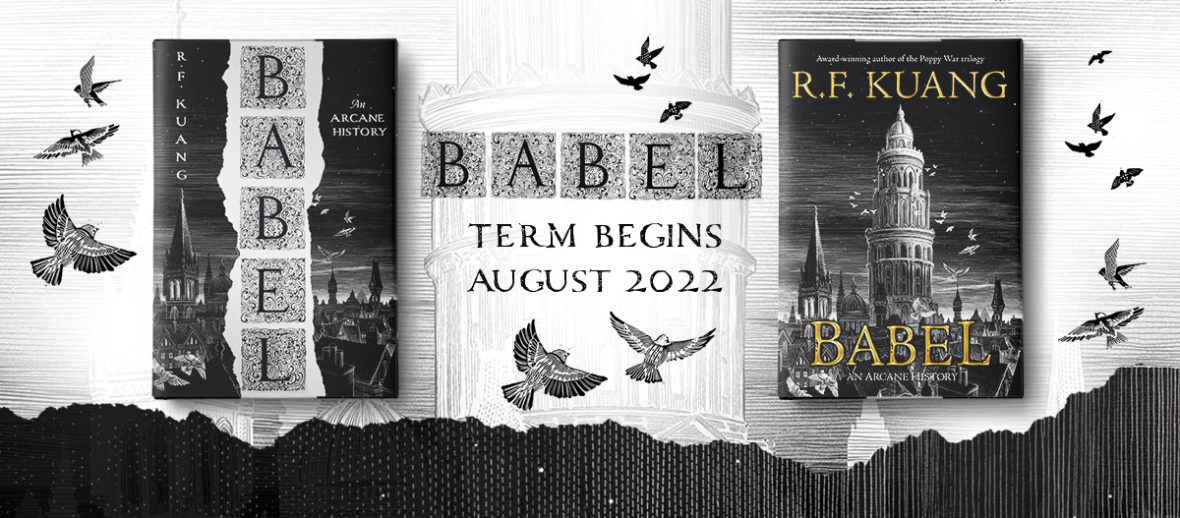“Babel” is a dark academia historical fantasy book by R. F. Kuang set in 1830s Oxford University. “Babel” utilizes fantasy elements to highlight the cruelty of imperialism all while creating an engaging story full of fleshed-out, interesting characters.
I have been following Kuang’s work since the release of her first novel, “The Poppy War”, in 2018. She turned “The Poppy War” into a trilogy and announced earlier this year after the end of “The Poppy War” trilogy, that she would be releasing her fourth book, “Babel” in August.
I was extremely excited to hear this and immediately pre-ordered a copy. I finished “Babel” and must say, this book lived up to and exceeded my expectations. Kuang’s prose continues to get stronger and her stories more elaborate and nuanced.
The Magic System
The most brilliant thing about “Babel” is its magic system. My main problem with many fantasy books set in the real world is the magic system has no impact on the world outside of the scope of the story.
“Babel” does not have this problem. Babel, which the book is named after, is the world’s center of translation and silver-working. Silver-working is the art of manifesting meaning lost in translation through enchanted silver bars, creating magical effects. In this alternative world, silver-working is what has made the British Empire an unparalleled power.
This is, in my opinion, an excellent way to incorporate fantasy elements into the real world. It is subtle but has such a large impact on everything going on in the world of the story.
The Novel
“Babel” covers revolution, colonial resistance, and the use of translation as a tool of empire. It follows protagonist Robin Swift, orphaned by cholera in Canton and plucked out of China by a wealthy and mysterious Babel Professor, Richard Lovell.
Throughout the book, Robin becomes a student at Babel and comes to learn that serving Babel, creating silver, would be a betrayal of his homeland. What’s more, as his studies progress, he gets caught between Babel and the mysterious revolutionary group Hermes.
Throughout this book, Robin is constantly grappling with the question: can powerful institutions be changed from within, or does revolution always require violence?
This book does a great job handling the heavy themes it tries to tackle. Robin and Robin’s cohort feel like a very dynamic, alive group of characters. Often in fantasy books, I feel that characters are merely plot pieces waiting for the next moment to move the plot along. However, I did not feel this way with “Babel”.
This book also does give equal footing to both sides of the question Robin grapples with. However, Kuang is not afraid to take a firm stand when the question must be answered.
This book is great and is an excellent use of fantasy in the real world, which is rare to see. I look forward to Kuang’s next book, “Yellowface” coming out in May 2023, which will be stepping away from fantasy.

